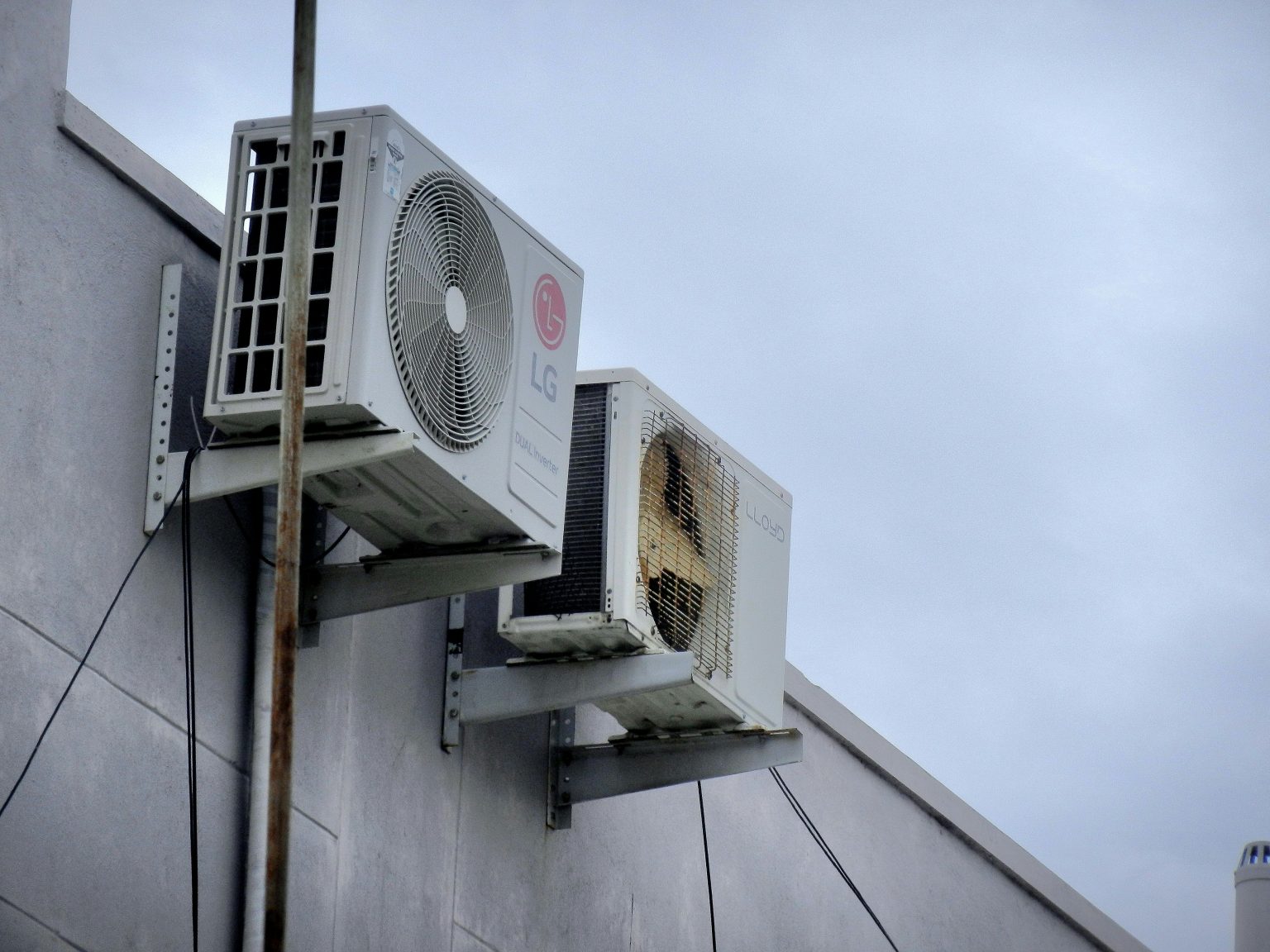An air conditioning system is more than just a luxury—it’s a vital component of comfort,
especially during the sweltering summer months. While most people enjoy the cool breeze from
their AC units, many forget that these systems need regular attention to perform at their best.
Taking care of your air conditioning system doesn’t just ensure cooler air; it can save you
money, extend the unit’s lifespan, and improve indoor air quality. If you’ve ever wondered how
to maintain your AC without relying solely on professionals, this guide will give you a fresh and
practical perspective.
Understanding Your System First
Before you can take care of your air conditioning system, it helps to understand how it works.
Most home AC systems operate through a combination of components: the indoor unit
(evaporator coil and air handler), the outdoor unit (compressor and condenser coil), and the
thermostat. These parts work in unison to cool your home by absorbing indoor heat and
releasing it outside. Knowing the basic flow helps you spot signs of trouble early and makes you
more confident in maintaining the system yourself.
Make Filter Maintenance a Routine
Think of the air filter as your system’s first line of defense. It traps dust, pollen, and debris before
they can circulate through your home or clog internal components. A clogged filter reduces
airflow, forces the system to work harder, and can even cause breakdowns. Replace or clean
the filter every one to three months depending on the type of filter and usage. If you have pets
or allergies, changing it more frequently will improve both performance and air quality.
Keep the Outdoor Unit Clear and Clean
Your outdoor condenser unit needs breathing room. Grass clippings, leaves, and dirt often
collect around it, reducing efficiency and increasing wear. Take time once a month to clear the
area around the unit, trimming any vegetation within a two-foot radius. Occasionally, turn the
power off and rinse the fins gently with a hose, using a soft brush if necessary to remove
stubborn debris. Avoid using high-pressure water as it can bend the delicate fins and impact
performance.
Check the Thermostat Settings for Efficiency
Your thermostat plays a significant role in system efficiency. Keeping your home excessively
cool not only hikes up energy bills but also stresses the system unnecessarily. Set your
thermostat to a comfortable yet reasonable temperature. Consider upgrading to a smart or
programmable thermostat if you haven’t already. These devices learn your schedule and adjust
cooling automatically, ensuring the AC isn’t running full blast when you’re not even home.
Inspect the Ductwork for Leaks and Obstructions
Leaky or dirty ductwork can cause your system to lose efficiency. If air is escaping into the attic
or between walls, your AC must work harder to cool your home. While some ductwork issues
require professional attention, you can visually inspect accessible areas for signs of gaps,
disconnections, or debris buildup. Use a flashlight to check for dust trails near seams or listen
for unusual whistling sounds. Sealing minor leaks with foil-backed tape can improve
performance until you can schedule a more thorough inspection.
Pay Attention to Airflow in Every Room
Uneven airflow or certain rooms feeling warmer than others may indicate a problem with your air
conditioning system. Walk through your home and check each vent for strong, consistent air
output. If airflow is weak or blocked, it could be due to clogged vents, duct obstructions, or even
a failing blower motor. Ensure that vents aren’t obstructed by furniture, rugs, or curtains. If the
problem persists despite clear vents, a deeper issue might require a professional assessment.
Schedule Annual Professional Maintenance
Even if you’re diligent about DIY care, nothing replaces the value of an annual checkup from a
certified HVAC technician. A professional inspection includes refrigerant level checks, electrical
component testing, coil cleaning, and performance tuning. This annual service helps catch
minor issues before they turn into expensive repairs and keeps your warranty valid. Ideally,
schedule this maintenance in early spring so your system is ready for peak usage during the
hottest months.
Listen to Your System’s Sounds and Smells
Your AC system has a voice—it hums, clicks, and whooshes when operating normally. If you
start to hear grinding, rattling, hissing, or screeching, those sounds are a cry for help. Similarly,
musty or burning smells are signs that something isn’t right. Unusual sounds or odors could
point to anything from a worn-out belt to mold in the ductwork. Pay attention and act promptly
when your system doesn’t seem to sound or smell as it should.
Monitor Energy Bills for Unexpected Spikes
A sudden increase in your energy bill often signals a decline in system efficiency. If you haven’t
changed your usage patterns or experienced a major weather shift, but the bills keep climbing,
your air conditioning system might be struggling. It could be a refrigerant issue, dirty coils, or a
malfunctioning part. Early detection based on energy usage patterns can help you avoid a
complete system breakdown and reduce long-term costs.
Don’t Ignore Small Issues
Small signs of trouble—like a delay in cooling, short cycling, or inconsistent temperatures—are
easy to dismiss. However, these are often early indicators of more serious problems. A system
that turns on and off too frequently, for instance, could be struggling with airflow or thermostat
communication. Addressing minor symptoms early prevents larger failures and extends your
system’s overall lifespan.
Conclusion: Consistent Care Leads to Consistent
Comfort
Taking care of your air conditioning system doesn’t require expert knowledge, just consistency
and attentiveness. By understanding how your system works, staying on top of basic
maintenance tasks, and knowing when to call in professionals, you ensure reliable comfort for
your home year after year. A well-maintained AC not only keeps your indoor environment cool
but also operates more efficiently, lasts longer, and contributes to better indoor air quality. In the
end, regular care is the best way to keep your air conditioner running smoothly when you need it
most.


